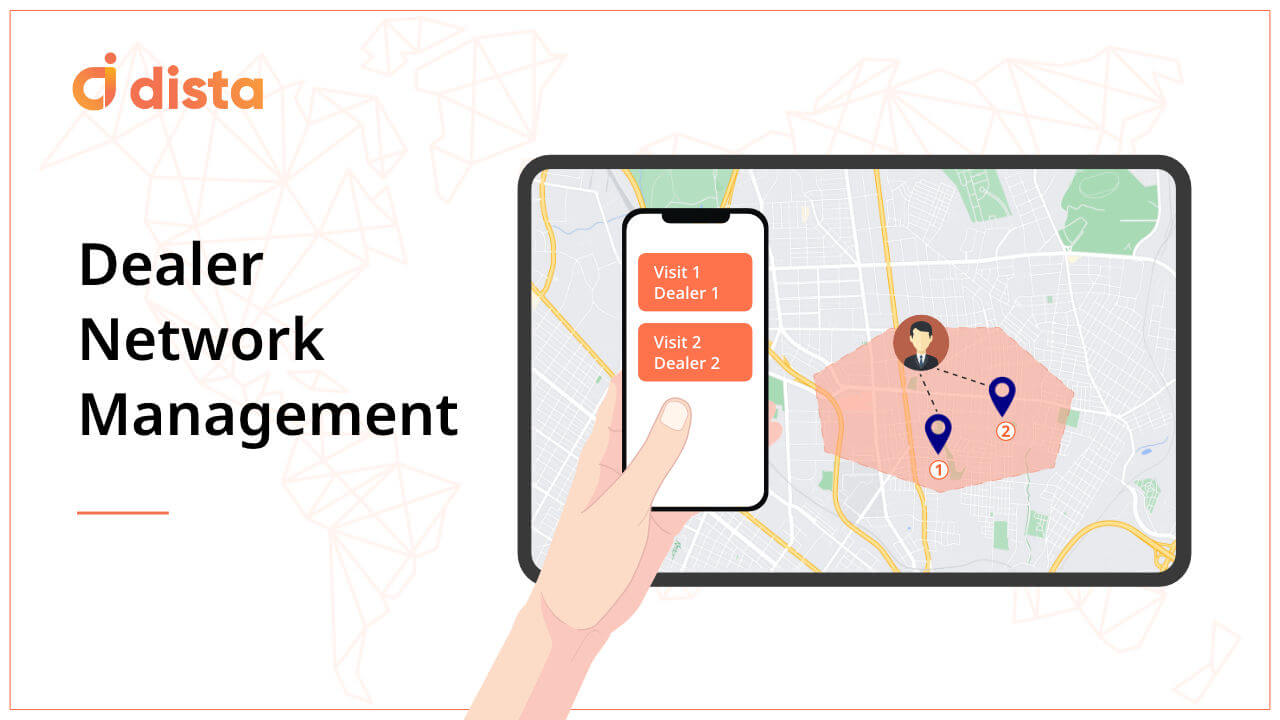A dealership network is a system of authorized outlets that sell products or services on behalf of a manufacturer or brand. Various industries utilize dealership networks to distribute their products effectively, enhance customer experience, and provide after-sales services. Here are some of the primary industries that use a dealership network:
1. Automotive Industry
- Description: The automotive industry is perhaps the most recognized sector utilizing dealership networks. Car manufacturers have authorized dealerships where customers can purchase vehicles, parts, and accessories.
- Key Functions:
- Selling new and used vehicles
- Providing vehicle maintenance and repair services
- Offering financing options and trade-in programs
- Examples: Major automotive brands like Ford, Toyota, and BMW have extensive dealership networks globally.
2. Agricultural Equipment
- Description: This industry involves the sale of machinery and equipment used in farming and agriculture. Dealership networks play a crucial role in connecting farmers with manufacturers.
- Key Functions:
- Selling tractors, harvesters, and other agricultural machinery
- Offering parts and maintenance services
- Providing training and support for equipment operation
- Examples: Brands like John Deere and AGCO rely on a network of dealerships to reach their agricultural customers.
3. Heavy Machinery and Construction Equipment
- Description: Companies in the construction and heavy machinery sectors often use dealerships to sell large equipment such as excavators, bulldozers, and cranes.
- Key Functions:
- Selling construction equipment
- Providing maintenance and repair services
- Offering equipment rental options
- Examples: Caterpillar and Komatsu have extensive dealership networks to serve contractors and construction firms.
4. Marine Industry
- Description: The marine industry involves the sale of boats, yachts, and marine equipment. Dealerships provide a vital link between manufacturers and consumers.
- Key Functions:
- Selling new and used boats
- Offering maintenance and repair services
- Providing financing and insurance options
- Examples: Brands like Sea Ray and Yamaha have authorized dealerships for their marine products.
5. Motorcycle Industry
- Description: Similar to the automotive sector, motorcycle manufacturers utilize dealership networks to distribute motorcycles, scooters, and accessories.
- Key Functions:
- Selling motorcycles and related gear
- Providing repair and maintenance services
- Offering financing and warranties
- Examples: Harley-Davidson and Honda have established dealership networks to reach motorcycle enthusiasts.
6. Home Appliances and Electronics
- Description: Manufacturers of home appliances and consumer electronics often establish dealership networks to sell products like refrigerators, washing machines, and televisions.
- Key Functions:
- Retailing products
- Providing installation and repair services
- Offering extended warranties and service plans
- Examples: Brands like Samsung and Whirlpool utilize dealerships and authorized retailers.
7. Telecommunications
- Description: In the telecommunications sector, service providers may use dealership networks to distribute devices such as smartphones and tablets, as well as service plans.
- Key Functions:
- Selling mobile devices and accessories
- Offering service plans and contracts
- Providing customer support and device repairs
- Examples: Companies like Verizon and AT&T have retail locations and authorized dealerships for their products.
8. HVAC (Heating, Ventilation, and Air Conditioning)
- Description: HVAC manufacturers often rely on a network of dealerships to sell heating and cooling systems and provide installation and maintenance services.
- Key Functions:
- Selling HVAC units and components
- Offering installation services
- Providing maintenance and repair services
- Examples: Companies like Trane and Carrier utilize authorized dealers for distribution.
9. Pharmaceuticals
- Description: In the pharmaceutical industry, dealership networks can include wholesalers and distributors that provide access to healthcare professionals and pharmacies.
- Key Functions:
- Distributing medications and healthcare products
- Providing information and support to healthcare providers
- Examples: Large pharmaceutical companies often partner with distributors to expand their reach.
10. Sporting Goods and Outdoor Equipment
- Description: Companies selling sporting goods and outdoor equipment often use dealerships to connect with consumers.
- Key Functions:
- Selling equipment such as bicycles, camping gear, and fitness equipment
- Offering maintenance and repair services for equipment
- Examples: Brands like Shimano and Coleman may have specialized dealers for their products.
Conclusion
Dealership networks are a vital component in various industries, facilitating the distribution of products and services. These networks enhance customer accessibility, provide localized support, and ensure brand representation in the marketplace. By leveraging dealership networks, manufacturers can effectively reach their target audiences while offering comprehensive services that enhance customer satisfaction.


